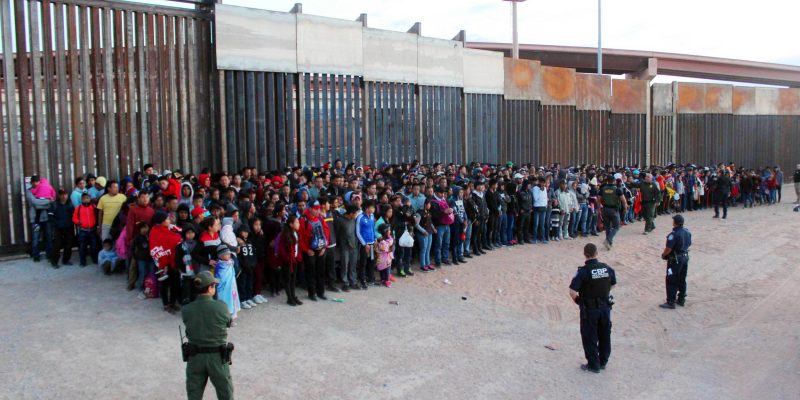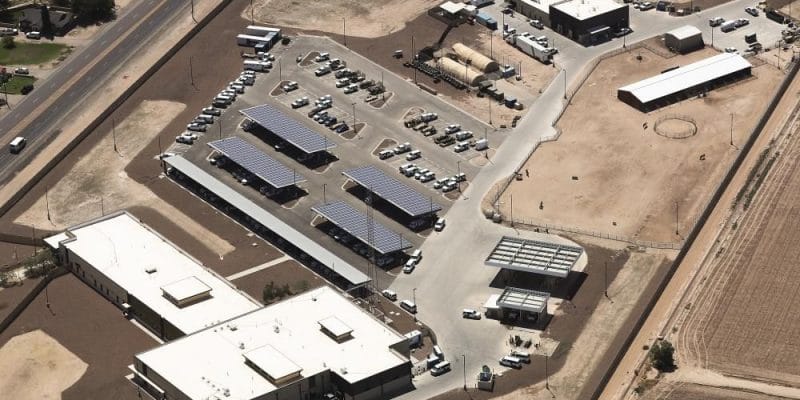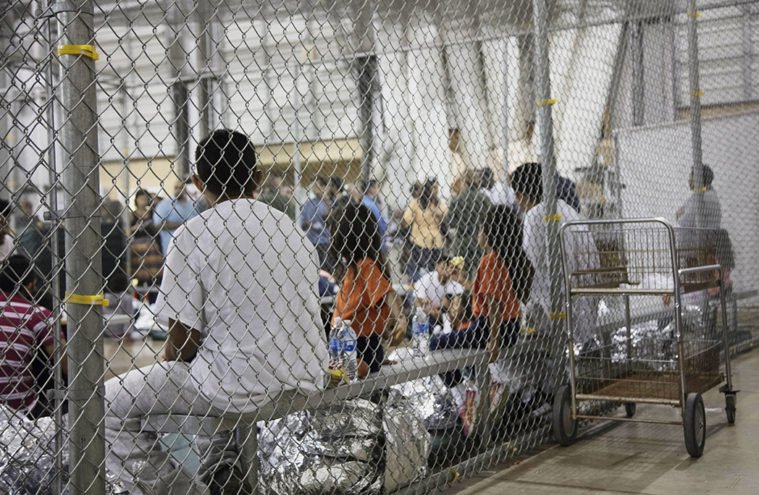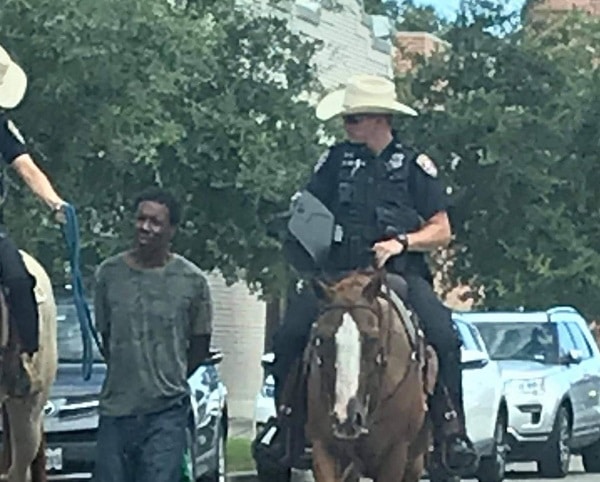
Hundreds of children at a migrant detention center in Texas are being held in “inhumane” conditions that amount to an “emergency public health crisis” and should be allowed immediate access to doctors, according to an attorney who gained rare access to the facility.
Director of Columbia Law School’s immigrant rights clinic, Elora Mukherjee, was one of six attorneys to visit the detention center in Clint as part of ongoing litigation about an agreement that states unaccompanied children can’t be held in US Customs and Border Protection (CBP) facilities for more than 72 hours. The team found that children had no adequate access to medical care, had no basic sanitation, were exposed to extreme cold and did not have adequate access to drinking water or food.
Mukherjee stated “I’ve been visiting children detained in federal immigration custody for 12 years, I have never seen anything like this before. I have never seen, smelled, had to bear witness to such degrading and inhumane conditions.”

Michelle Bachelet, the UN human rights chief, on Monday said she was “appalled” at the conditions. She was quoted as saying, “as a pediatrician, but also as a mother and a former head of state, I am deeply shocked that children are forced to sleep on the floor in overcrowded facilities, without access to adequate healthcare or food, and with poor sanitation conditions.”
Two weeks ago, the attorneys met with 60 children between the ages of five months and 17 years to interview them about the conditions in the facility, which is holding 350 children. Some had bodily fluids including breast milk, urine and mucus stained on their clothes and many were wearing the same clothes they had crossed the border in, days or weeks earlier.
Mukherjee said that in the past, she would raise concerns about conditions with the lead counsel in the case, who would then pursue a remedy. This time, however, the conditions were so shocking the attorneys were compelled to approach the media. Mukherjee noted that seven children have died in federal immigration custody or shortly after being released, compared to no such deaths in the 10 previous years. She said, “we were extremely concerned that more children might die if we didn’t go public.”
In a medical declaration, the physician, Dolly Lucio Sevier wrote, “the conditions within which they are held could be compared to torture facilities.”

CBP initially denied the attorneys’ reports, but its own watchdog, the homeland security department’s Office of Inspector General, had already put together – then released last week – reports warning of dangerous overcrowding in border patrol facilities. The auditor said it witnessed “serious overcrowding” in four of five facilities and prolonged detention at the other five facilities – of both adults and children – that needed to be addressed immediately.
Jennifer Nagda, policy director at the Young Center for Immigrant Children’s Rights, said that the issue stems from the Department of Homeland Security (DHS) treating detention centers as part of enforcement instead of a site for protecting adults and children. “It is incredibly frustrating when you know that on the part of homeland security, it is not due to a lack of resources, it is due to a lack of intention,” Nagda said. “They have sufficient funds to provide three decent meals a day and a mattress a child can sleep on and a bathroom they can use privately.”
Nagda said after a decade working in this field, she was still shocked by the reports that emerged in recent weeks and was concerned a similar situation was replicated at other border facilities. “Those kinds of agency changes will only happen in response to extraordinary public pressure and I think the public should take heart that their anger, and rallying and marches could actually influence how this agency spends money and cares for families arriving at the border,” Nagda said.



